The Art & Science Of Reading In The 21st Century
Like thinking, reading in the 21st century is endlessly linked in an increasingly visible web of physical and digital media forms.
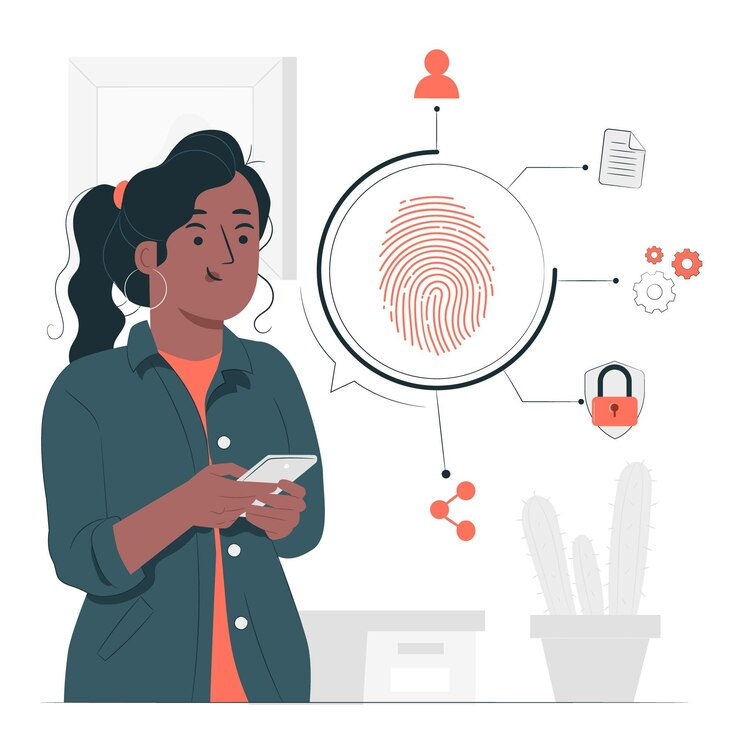
Like thinking, reading in the 21st century is endlessly linked in an increasingly visible web of physical and digital media forms.
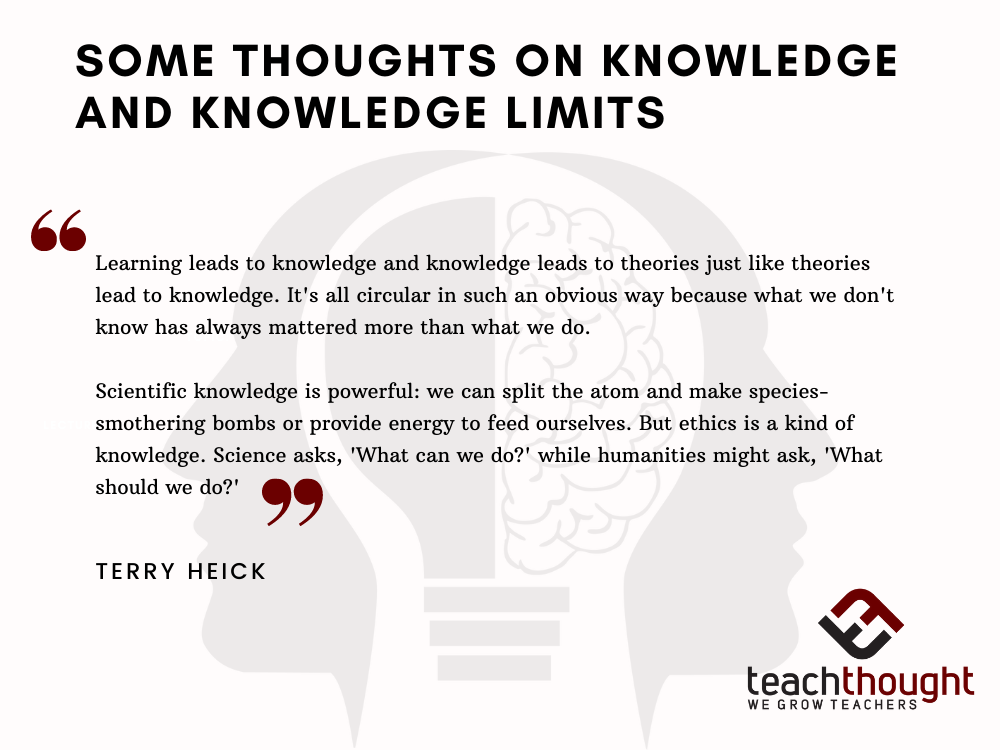
Learning leads to knowledge and knowledge leads to theories just like theories lead to knowledge. It’s all circular in such an obvious way.
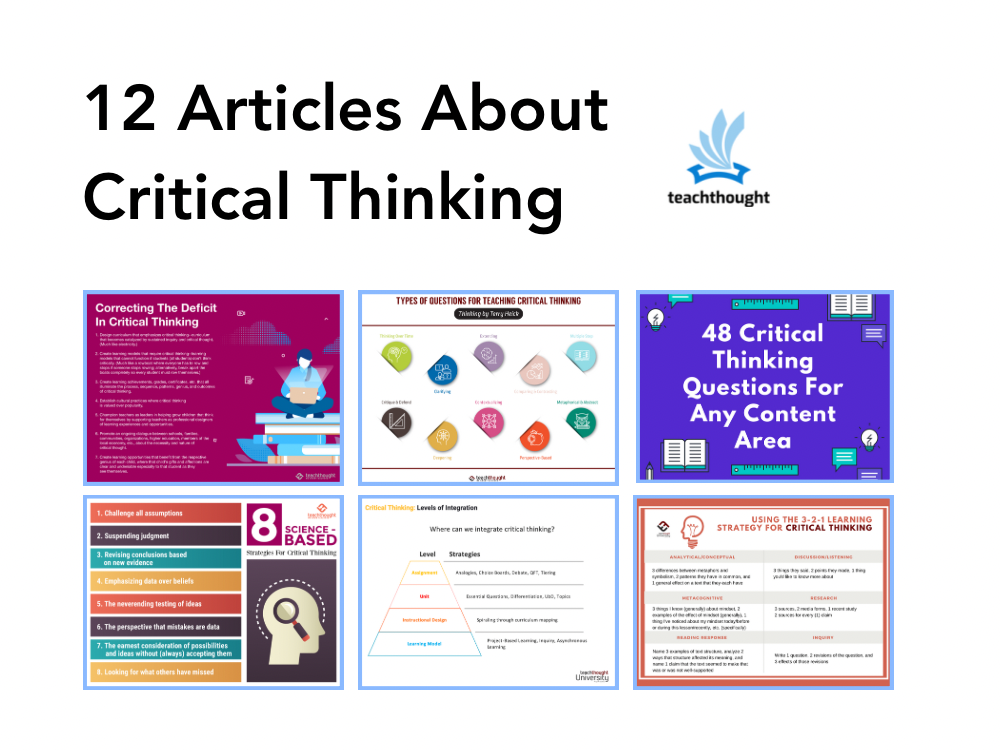
Critical thinking questions include, ‘Why is this important? What are the causes and effects of this? How do we know if this is true?”

What is the effect of your work? Did you choose your work, or are you doing it under compulsion as the way to earn money?
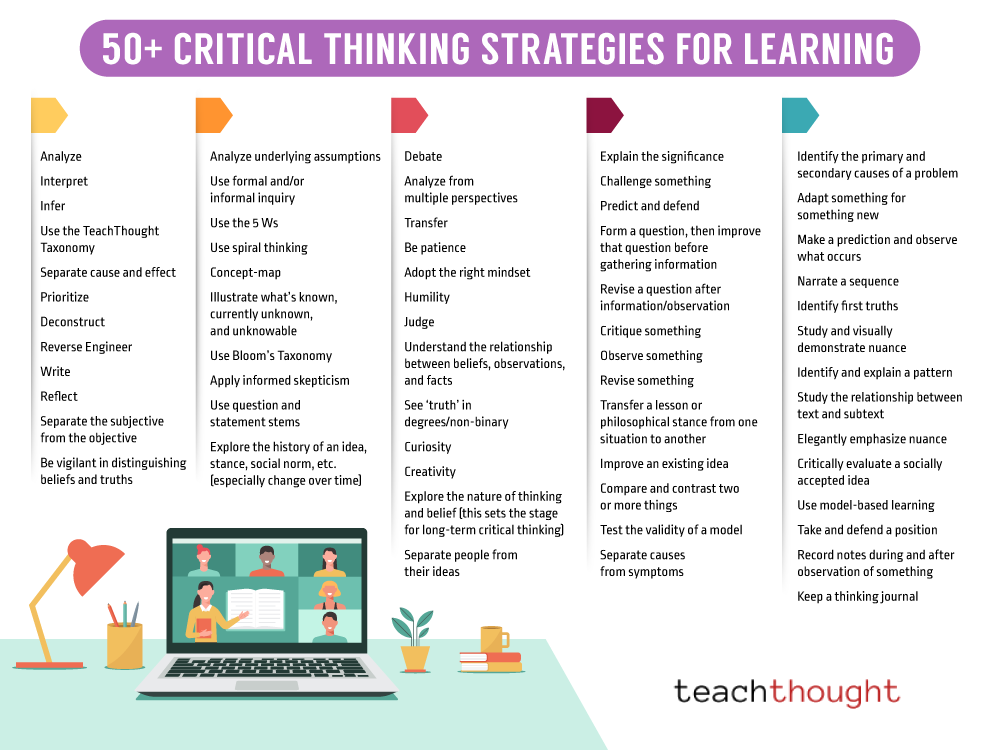
Critical thinking strategies often employ multiple data sources and perspectives in pursuit of understanding.
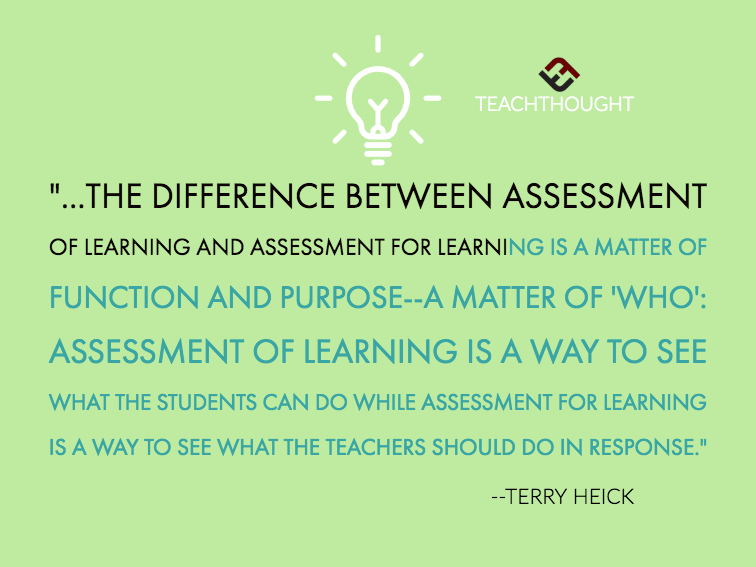
Assessment for learning is commonly referred to as formative assessment–that is, assessment designed to inform instruction.
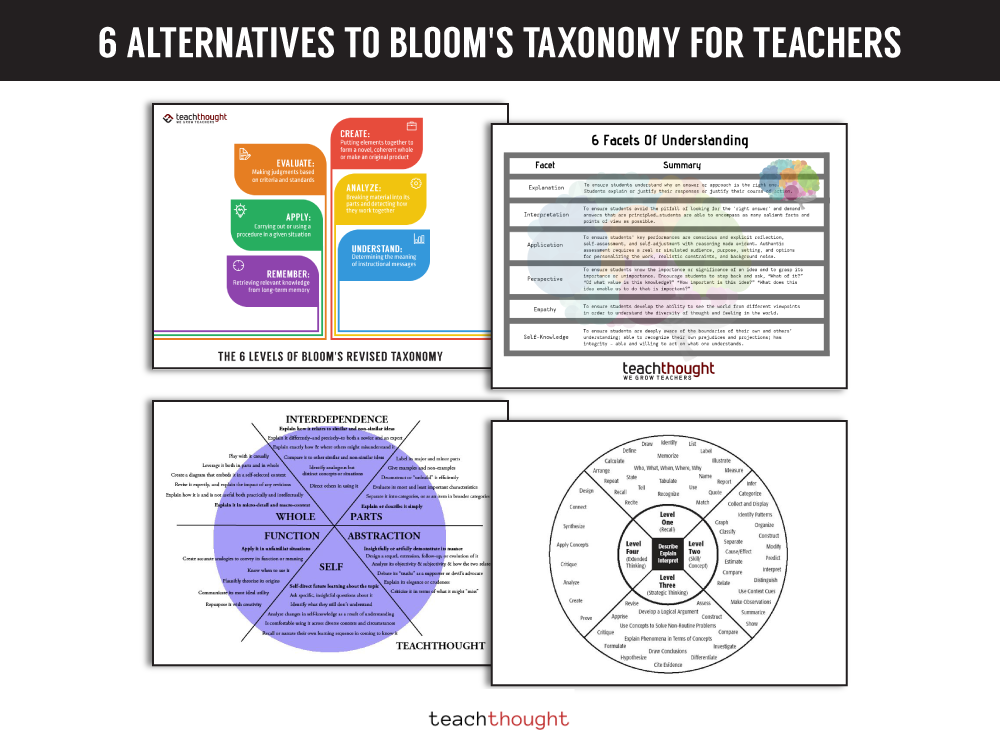
Why might you need alternatives to Bloom’s Taxonomy? While wonderful, it neglects important ideas that see the whole child.

Schools long ago broke the world into categories and gamified its study with points, letter grades, and notions of progress and collaboration.
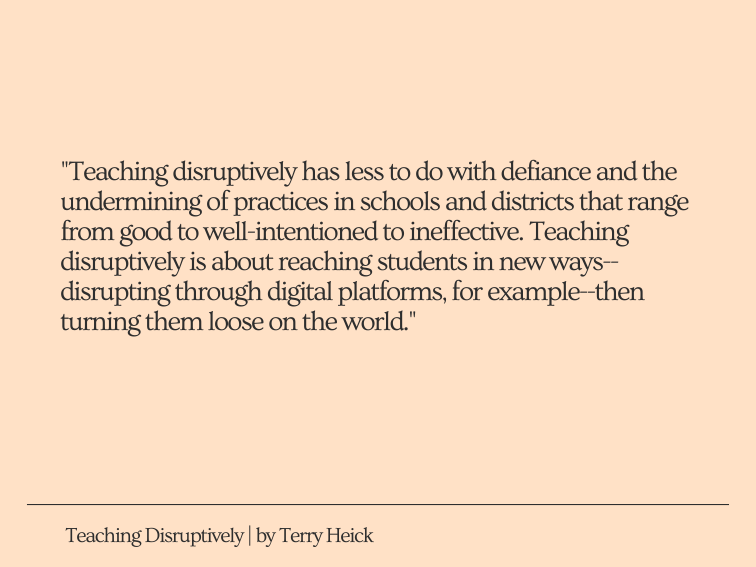
Teaching disruptively helps create learners who ask the right question at the right time for reasons that matter to them.
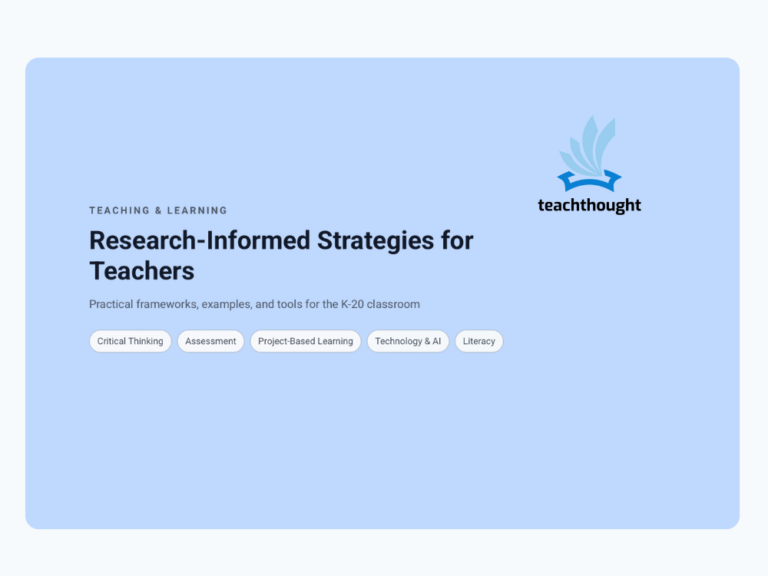
Experiential Learning highlights the active role of the learner in making meaning from real-world or simulated tasks.
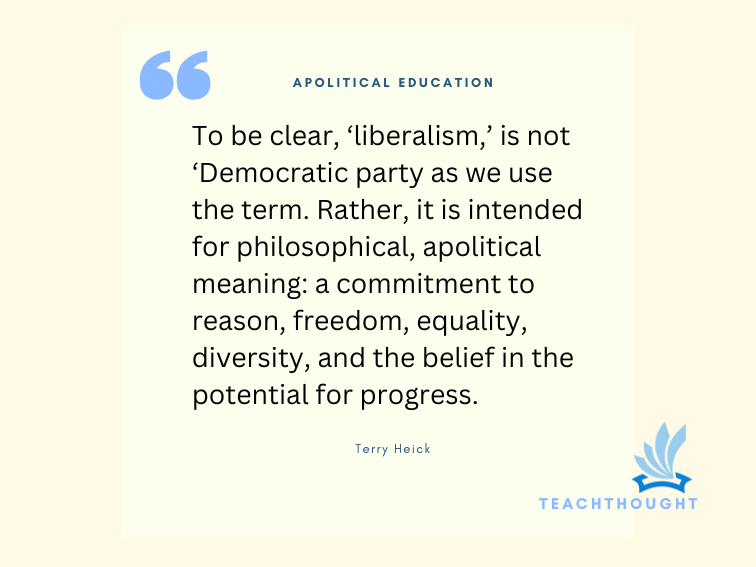
Education seeks to empower individuals, enabling them to think critically, embrace learning, and better themselves and their communities.
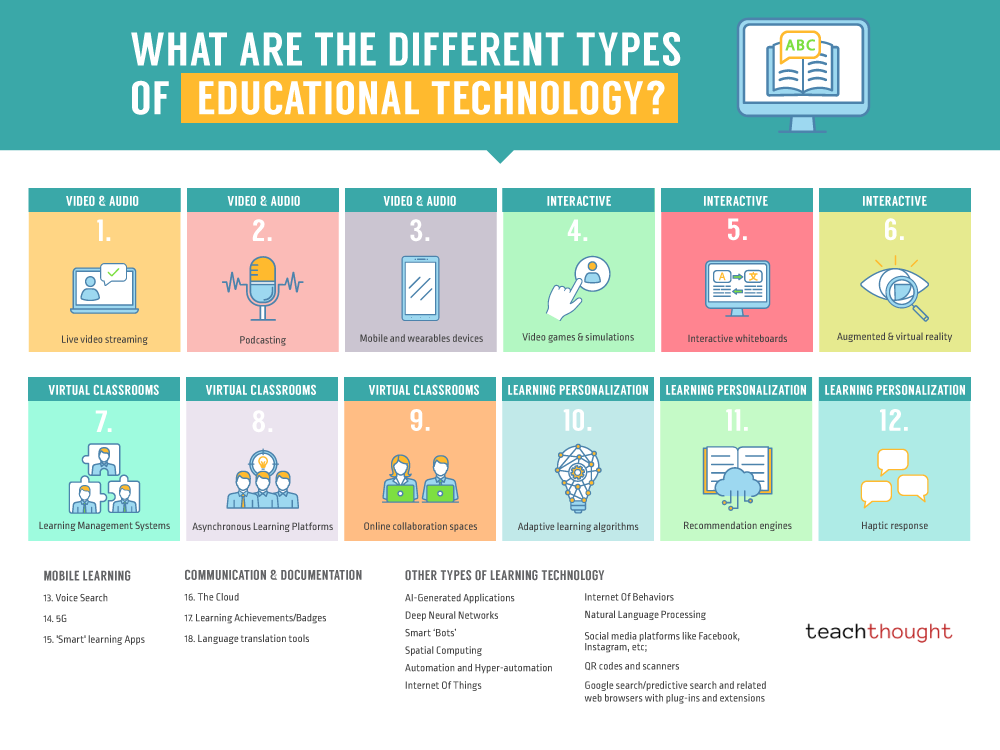
Examples of education tech include mobile devices, adaptive learning algorithms, the cloud, podcasting, and virtual reality.
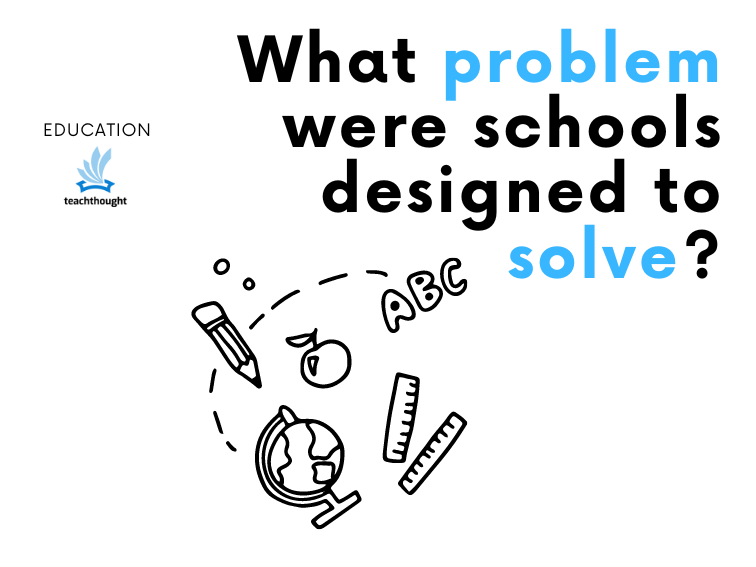
Teachers are the great translators of learning–mediators that speak in binary code for the system and in human tongue for the children.
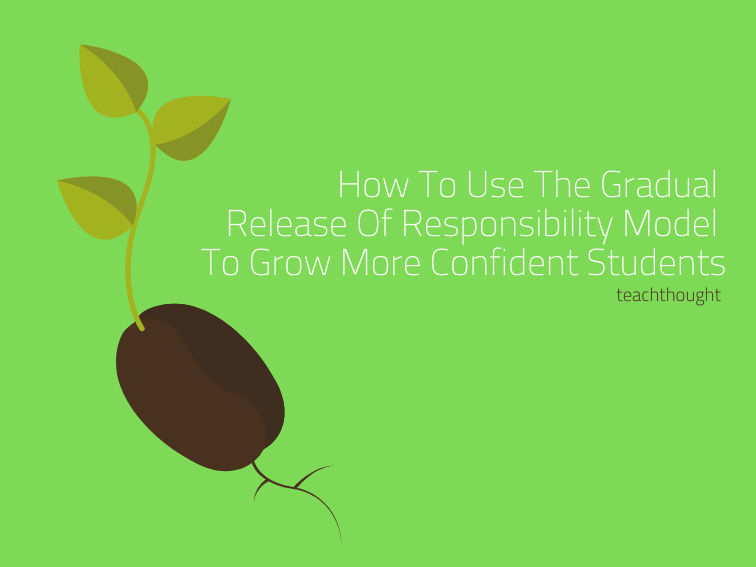
To use the Gradual Release of Responsibility model, students need to see others using it and who better to model it but you?